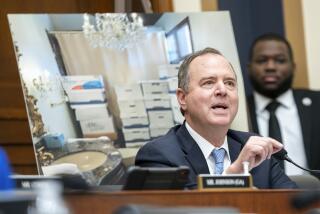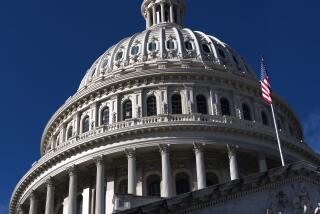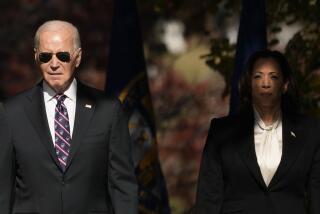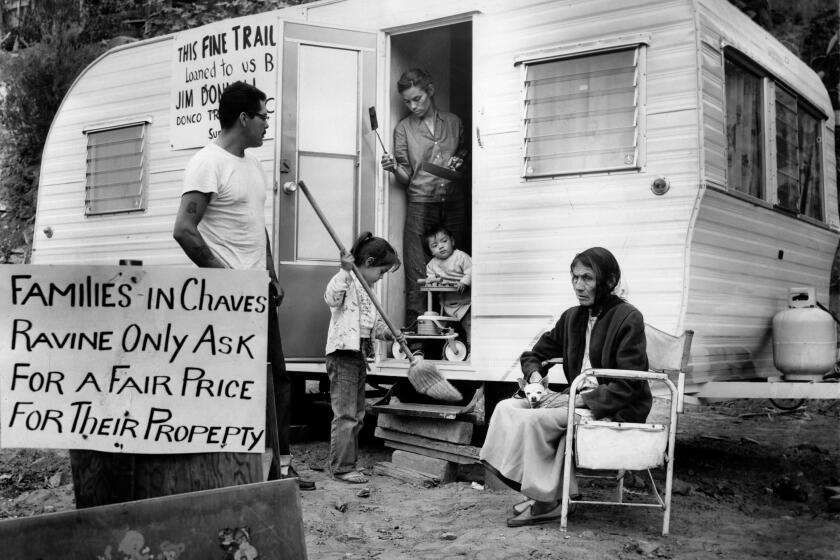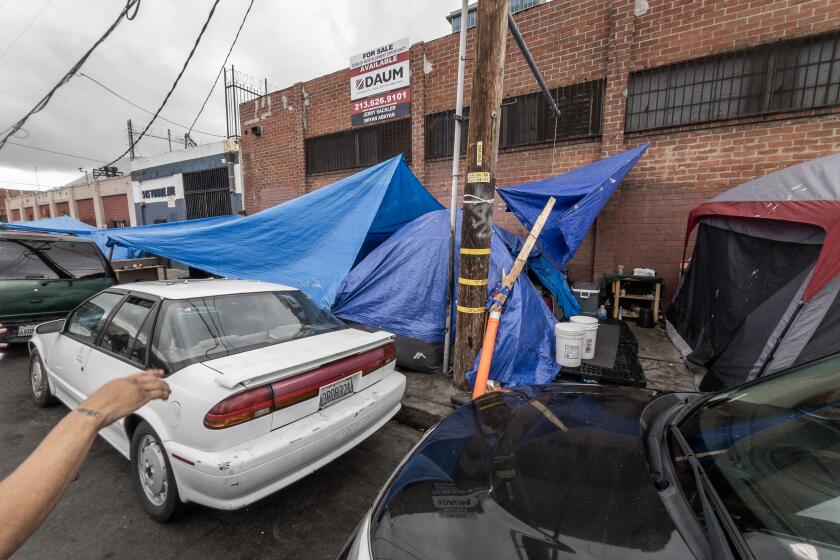Democrats’ hope in 2014 is for Republicans to get kooky again
Democrats are in a curious political position in this year’s congressional election campaign. Their chance of avoiding political disaster depends more on the Republicans offering up another batch of right-wing dimwits as candidates and less on convincing voters that that the good times are back.
They do have a positive story to sell, but the problem is, despite a rise in corporate profits and a positive jump in job numbers, the recovery that is underway seems not only tenuous but seriously unbalanced. There is a lot of new money flowing through the economy, but the people who are taking that money to the bank are, more often than not, the rich financiers who brought the economy to near ruin back in 2008. The typical middle-class family has not seen a great deal of improvement in income for years.
So though Democrats could point to some short-term good news, the party’s long-term message has become an expression of concern with the nation’s growing income inequality. That negative message is intellectually consistent with the party’s turn to populism. The problem is, however, that preaching about the wealth gap requires a more nuanced game than just reviving the Democrats’ golden oldie, “Happy Days Are Here Again.”
Democrats need to sound as though they are on the side of the little guy, yet not come across as Bolsheviks who want to take from the rich and give to the government. It can be done -- Bill Clinton proved that. But not all Democratic candidates have the empathetic and rhetorical skills of the former president. Plus, no matter how skilled they may be, the most endangered Democrats represent states and districts that have grown more conservative.
That’s why, if Democrats want to retain control of the Senate and maybe pick up a few seats in the House, they will need Republicans to do what they did in 2012: nominate several candidates who are tea party yahoos prone to making outlandish statements that scare off middle-of-the-road voters -- particularly women and non-whites -- and push them into the arms of endangered Democrats.
So far, establishment GOP candidates has done fairly well fighting off challenges from the tea party, which does not bode well for Democrats. On the other hand, many of those “establishment” candidates have learned to convincingly spout tea party rhetoric. How will voters react?
Perhaps the anti-government fulminations and social-conservative rants have become so pervasive that moderate voters will no longer consider them extreme. Can Democrats change the discussion by talking about how the rich are getting richer and the rest of America is working too hard for too little money?
My bet is that will be an uphill slog and that the Democrats’ best hope is for Republicans to start yammering about “legitimate rape,” Sharia law and the president’s birth certificate.
More to Read
A cure for the common opinion
Get thought-provoking perspectives with our weekly newsletter.
You may occasionally receive promotional content from the Los Angeles Times.
